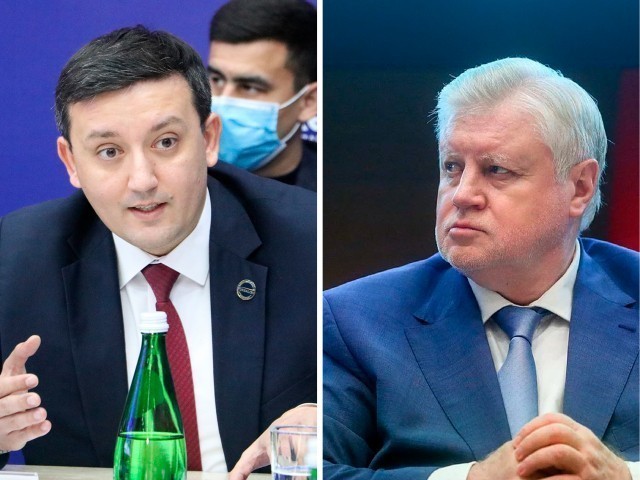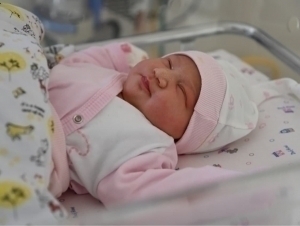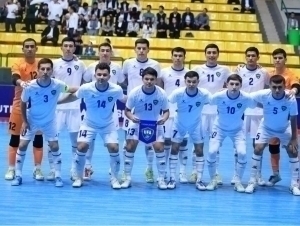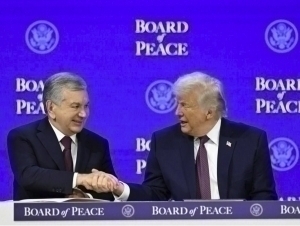Uzbek deputy clashes with Russian counterpart over prosecution of citizens involved in Ukrainian conflict
Local
−
05 June 2023 29660 3 minutes
In a recent exchange between high-ranking politicians, tensions rose as the leader of Russia's "Just Russia" party, Sergei Mironov, voiced his disapproval of legislation in Kazakhstan, Kyrgyzstan, and Uzbekistan that allows for the prosecution of their citizens who participated in the war in Ukraine. Responding to Mironov's remarks, Bobur Bekmurodov, Chairman of the national movement "Yuksalish" and deputy of the Oliy Majlis, advised the Russian deputy to focus on his own country's legislation.
The controversy began when Sergei Mironov took to Twitter, criticizing the aforementioned Central Asian countries for prosecuting their citizens who took part in "special military operations" on the side of Russia. Mironov questioned the discrepancy between the actions of European Union member states, where citizens are not prosecuted for assisting other member states in conflicts, and the laws of the Central Asian nations. He argued that an interstate decision should be made to prevent criminal prosecutions if the goal is to protect the interests of the participating state.
In response, Bobur Bekmurodov emphasized that Russia itself has criminal liability for recruitment, citing Article 359 of the Criminal Code of the Russian Federation. This article states that non-citizens who engage in recruitment activities for material gain are considered in violation of the law. Bekmurodov further highlighted Uzbekistan's foreign policy principle of non-use of force or threat of force, which underpins their legislative approach.
Bekmurodov pointed out that Uzbekistan's Criminal Code has provisions for criminal liability related to involvement in armed conflicts or hostilities on the territory of a foreign country or on its side. Notably, Article 154 was adopted in 1994, which covers criminal liability for being recruited, and Article 154-1, introduced in 2003, includes criminal liability for entering service in security, police, military justice bodies, or similar entities.
"The Republic of Uzbekistan implements a peaceful foreign policy with countries and international organizations. We do not adapt our legislation based on the geopolitical and military situations of other countries, nor do we adopt laws convenient for others," concluded Bekmurodov, highlighting Uzbekistan's commitment to maintaining sovereignty in the legislative process. He also clarified that Uzbekistan is not a member of the European Union, which Mironov seemed to overlook in his argument.
It is worth noting that the Eurasian Economic Union, established in 2014, consists of Russia, Belarus, Kazakhstan, Kyrgyzstan, and Armenia as members. Uzbekistan obtained observer status in this organization on December 11, 2020.
This exchange between Russian and Uzbek deputies underscores the complexities surrounding the prosecution of citizens involved in conflicts abroad and highlights the contrasting approaches of countries within the Eurasian region. As the debate continues, it remains to be seen how these nations will reconcile their differing perspectives on the matter.





